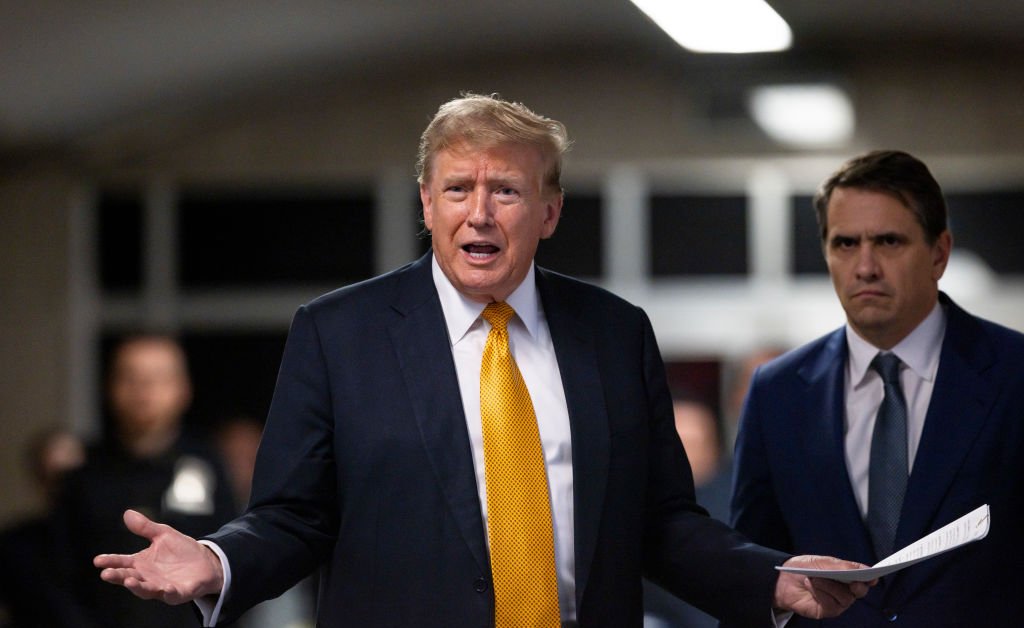Donald Trump’s recent announcement that his campaign will accept donations in cryptocurrency marks a significant shift from his previous negative stance on digital assets. Trump had previously criticized cryptocurrencies, calling them a “disaster waiting to happen” and even likening bitcoin to a scam. However, his campaign’s decision to embrace crypto has been met with mixed reactions, with some viewing it as a strategic move while others see it as opportunistic.
The acceptance of cryptocurrency donations by the Trump campaign has sparked discussions about the role of crypto in the upcoming election. This move suggests that crypto may become a key issue in the political landscape, attracting supporters from both sides of the aisle. In the past, crypto enthusiasts included individuals with libertarian leanings, such as Republican Tom Emmer, who saw crypto as a tool for promoting free markets and privacy. On the Democratic side, figures like Cory Booker highlighted how crypto could increase financial access for marginalized communities.
The alignment of crypto with progressive ideals was further emphasized by FTX founder Sam Bankman-Fried, who supported Democratic candidates and promoted financial inclusion and equitable access. However, it was later revealed that Bankman-Fried had also donated to Republican candidates, demonstrating his underlying goal of advancing pro-crypto policies. Following controversies surrounding FTX, some Democratic politicians distanced themselves from the crypto industry, while others, like Elizabeth Warren, took a strong anti-crypto stance.
In contrast to Trump’s recent embrace of crypto, several prominent Democrats have voiced concerns about the risks associated with digital assets. Elizabeth Warren has pledged to establish an “anti-crypto army,” while Gary Gensler, the chair of the Securities and Exchange Commission, has raised alarms about the predatory nature of cryptocurrencies and their potential impact on the American economy. These contrasting views within the political landscape highlight the complex and evolving nature of the debate surrounding crypto regulation and adoption.
Overall, Trump’s decision to accept cryptocurrency donations reflects the growing influence of digital assets in the political sphere. While some view this move as a strategic shift, others see it as an opportunistic ploy. The debate over the role of crypto in politics continues to unfold, with supporters and critics from both sides of the aisle shaping the narrative around digital currencies and their impact on society and the economy.









